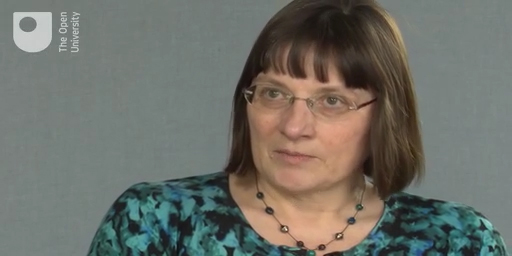4.1 Time management
There are entire courses devoted to time management; in this section, though, you will look at one or two headline ways to manage your time when you have a lot of commitments.
You have looked at how you currently spend your time and what your priorities are. So far, this course has helped you with delegating activities and deciding which activities you can give up. Once you have decided what you need to do and what you can delegate, you need to work out how you will fit everything in. This involves planning and recording.
- Get a diary and use it
You are going to need an electronic or paper diary/calendar. An online calendar can be synced from your smartphone and other devices. All your commitments (and anybody else’s commitments that you are responsible for) will be recorded in your calendar, so you’ll need to have this available at all times (a calendar at home on the wall won’t work).
- Planning time
As well as recording the times of your commitments and making sure they don’t overlap, you need to plan and record the time that you need in order to prepare any more complicated work or organisational work. Allow contingency time; as discussed earlier, unforeseen events (such as family illness) can change your plans.
- No procrastinating
One way in which time can easily drain away is through procrastination. We all put off work that is unpalatable for whatever reason and there are so many different ways to procrastinate.
When any work (domestic or paid) is passed to you, either do it there and then or make a note of when you are going to do it. If you delegate the work, then make a note in your diary of when you need to check the work is completed.
- Focus
At home and at work, there will be interruptions. Depending on your role and other commitments, it may be that these are necessary. If you know that you have work that requires you to focus then you need a system that will give you a spell of uninterrupted time. One suggestion is to turn your email off completely and make sure your phone is on silent – beeping devices have a way of pushing themselves to the top of our priority list, even though they may not be urgent or important at all. There are times when you need to give yourself the space to focus on the task in hand.
It is important to leave aside a piece of time each week or month to think about how you are managing your time. As scheduling and planning becomes more natural to you, you should find you can achieve more with the time you have:

Transcript: Scheduling
Activity 10 Changing your time management habits
In this activity, you will list things that you can do to help you get ready for the increased level of time management that you will need when you return to work. The actions you think of here can transfer to your action plan at the end of the course, but you can start your new regime sooner and start to establish positive habits.
- Tracking your time wasters – make a list of your main distractions. For example, learn how to turn off unnecessary notifications on your phone.
- Planning ahead – set up an online calendar that you can share with your partner or another important person in your network.
- Synchronise your to-do lists – at the moment these might be on your phone, sticky notes on the fridge, or possibly just in your head. Think about a way to ensure all of these lists are collected in one place – again, there are online tools that could help with this.
